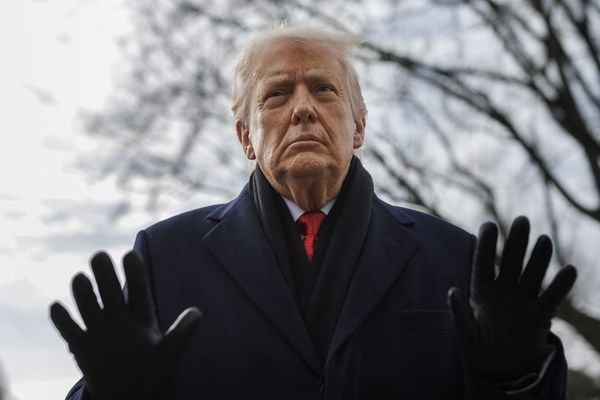
The Biden administration faces longstanding foreign policy challenges from both China and North Korea. We ask to what extent the American public is concerned about a conflict with these countries.
Both countries provide distinct security concerns for the United States and its partners in the Asia-Pacific, which the most successful engagement strategies are unlikely to fix. China, with its increasingly modernizing military and willingness to push the boundaries of the status quo with Taiwan, has been frequently sending military aircraft into Taiwan’s air defense identification zone. However, American public perceptions of China likely are just as influenced by non-security concerns as well, from the Covid-19 pandemic and trade wars, to a broad number of human rights issues over the past decade, including the persecution of Uyghur Muslims in Xinjiang. China is also seen as posing a threat to U.S. economic interests, both in competition from China’s exploited labor —and frequent use of forced labor — to supply chain vulnerabilities.
In contrast, for most Americans, North Korea is likely perceived to be mainly a security threat. Despite concerns about food shortages nearly every year, North Korea’s human rights abuses and humanitarian crises receive comparatively little attention, compared to media coverage of the country’s aggressive military rhetoric and vacillating tensions with the U.S. during the Trump administration. Nor is North Korea an economic competitor, with sanctions further reducing its already limited exports. Instead, the public is likely more aware of the regime’s frequent missile testing in recent years, in violation of UN resolutions banning such activities. While North Korea originally sought nuclear weapons as a defense strategy, its continued development and strengthening of its missile technology suggests it is also preparing for “coercive diplomacy.”
To capture public concern, we conducted a web survey from November 10 to 12 via Qualtrics, using quota sampling for age, gender, and region. We asked 1,050 Americans to rate their concern about a conflict with China and North Korea on a five-point scale, with 1 being not at all concerned and 5 being very concerned.
Overall, 48.76% of respondents rated their concern about conflict with China as a four or five on the scale, with only 42.09% similarly concerned about North Korea. Broken down by party, we find that Democrats state similar concern about both countries (China: 48.68% vs. North Korea: 45.83%), whereas Republicans show considerably greater concern over China (59.32% vs. 47.21%). Perhaps a function of remembering the Cold War, age has a positive relationship with the level of concern for conflict with both countries. Women are also more concerned than men regarding North Korea and that household incomes positively correspond with concern about China.

Admittedly, our survey does not differentiate between types of conflict, particularly important in the case of China. However, a plurality of respondents concerned about conflict in the abstract suggests that Americans are familiar enough with the multitude of issues potentially exacerbating conflict with both China and North Korea. Concerns about China outweighing that of North Korea are likely due to several factors. North Korea has increased missile tests in recent months, but there have not been high-profile specific events targeting the U.S. that would increase concern about a military conflict. By contrast, China is more credibly seen as posing both a military and economic threat to the U.S. and the public is likely more familiar with China’s human rights abuses. Coincidentally, our survey was conducted prior to the most recent Biden-Xi virtual meeting potentially primed respondents to be more cognizant of the challenges in U.S.-China relations.
Our findings are consistent with similar surveys earlier this year. A Pew Research study from March 2021 found that the majority of Americans believe the U.S. should impose tougher sanctions and promote greater human rights within China, and American concerns over China in general are on the rise. Similarly, another survey found widespread dissatisfaction of Americans toward North Korea. Overall, these concerns potentially signal demand for a more rigorous reshaping of U.S. foreign policy in the coming years.
However, if public concerns do push the Biden administration to act, the specific policies the public would support remain unclear, along with whether these efforts would influence China and North Korea.
Timothy S. Rich is an associate professor of political science at Western Kentucky University and director of the International Public Opinion Lab (IPOL). His research focuses on public opinion and electoral politics, with a focus on East Asian democracies. Justine Davis is an honors undergraduate researcher majoring in International Affairs and Chinese at Western Kentucky University.
READ NEXT: Survey: US Perceptions of China in the Early Biden Era
TNL Editor: Bryan Chou, Nicholas Haggerty (@thenewslensintl)
If you enjoyed this article and want to receive more story updates in your news feed, please be sure to follow our Facebook.







